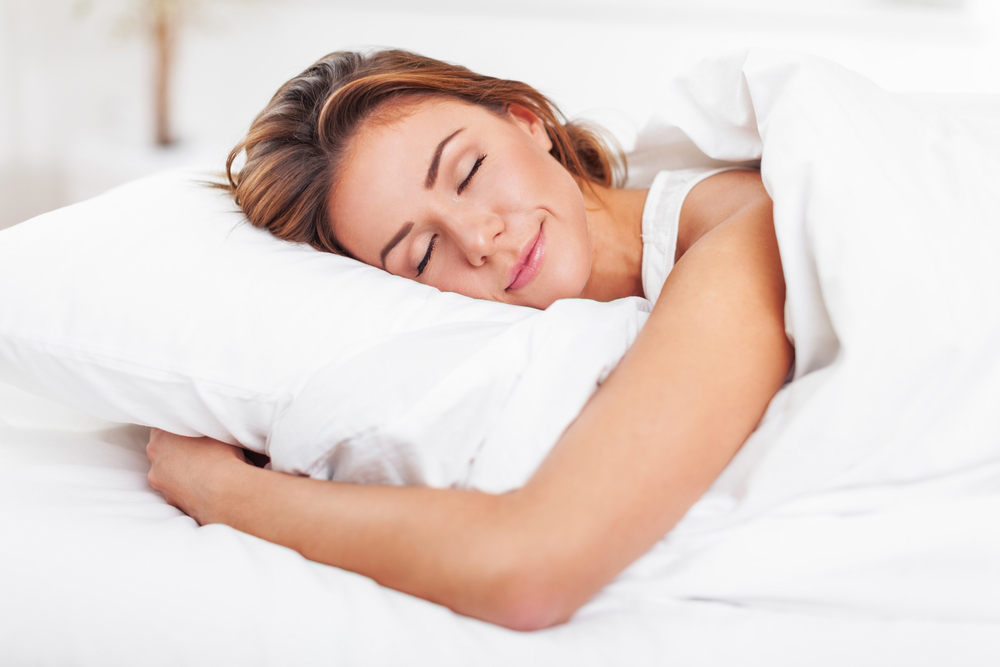It can be so frustrating lying awake in bed when you know you need to be at work in a matter of hours. As time ticks by you adjust your sleep expectations. You start to think: “OK, if I fall asleep now, I’ll get six hours.” Or if it’s a bad night maybe you get up in the morning unsure if you’ve slept at all.
We’ve looked into the importance of sleep before and how not getting enough rest can affect your quality of life or can impact day-to-day activites like driving. So, here’s some herbal remedies to help end the tossing and turning.
Valerian
The root of the valerian plant is used in natural herbal supplements to help people who struggle to fall asleep. You’ll find it in the vitamin aisle in tablet form, either on its own or as part of a sleep mix. Most big brands have a version.
It’s often recommended to people to try before exploring other forms of sleep inducing medication and is marketed as an option that won’t lead to morning drowsiness.
“Results from multiple studies indicate that valerian — a tall, flowering grassland plant — may reduce the amount of time it takes to fall asleep and help you sleep better,” it said.
Researchers at the University of Maryland say valerian is a popular alternative to prescription medications for sleep problems “because it is considered to be both safe and gentle”.
“Valerian has been used to ease insomnia, anxiety, and nervous restlessness since the second century A.D and became popular in Europe in the 17th century,” Doctor Steven Ehrlich said.
Chamomile
This might be a familiar one. Chamomile tea is another herbal remedy that works well for some people.
The Sleep Health Foundation says there have been no clinical trials on humans which link chamomile to improved sleep but there have been trials which prove it helps reduce anxiety – a common trigger of sleep disorders such as insomnia.
“Clinical trials in humans have shown that three herbs perform reasonably well in reducing anxiety these are kava, passionflower and chamomile,” it said.
Sleep expert Doctor Robert Rosenberg is a chamomile advocate and wrote about it in the Huffington Post.
“Chamomile contains apigenin, a plant based compound, that stimulates calming … receptors in the brain and helps to promote sleep,” he said.
You should be able to find chamomile tea in most grocery stores but check the ingredients to make sure it’s made of actual chamomile flowers and is not just artificially flavoured.
Lavender
A light spritz of lavender essential oil on your pillow or a few drops in a nice warm bath could help you drift off easier.
According to America’s Sleep Foundation the smell of lavender has been proven to decrease heart rate and blood pressure, which helps to relax the body.
“In one study, researchers monitored the brain waves of subjects at night and found that those who sniffed lavender before bed had more deep sleep and felt more vigorous in the morning,” it said.
“Another study of infants found that they cried less and slept more deeply after a bath with lavender scented oils.
“Of course, lavender is not a cure for insomnia, but having oils, candles, or sachets in your room could be a calming part of your bedtime routine.”





